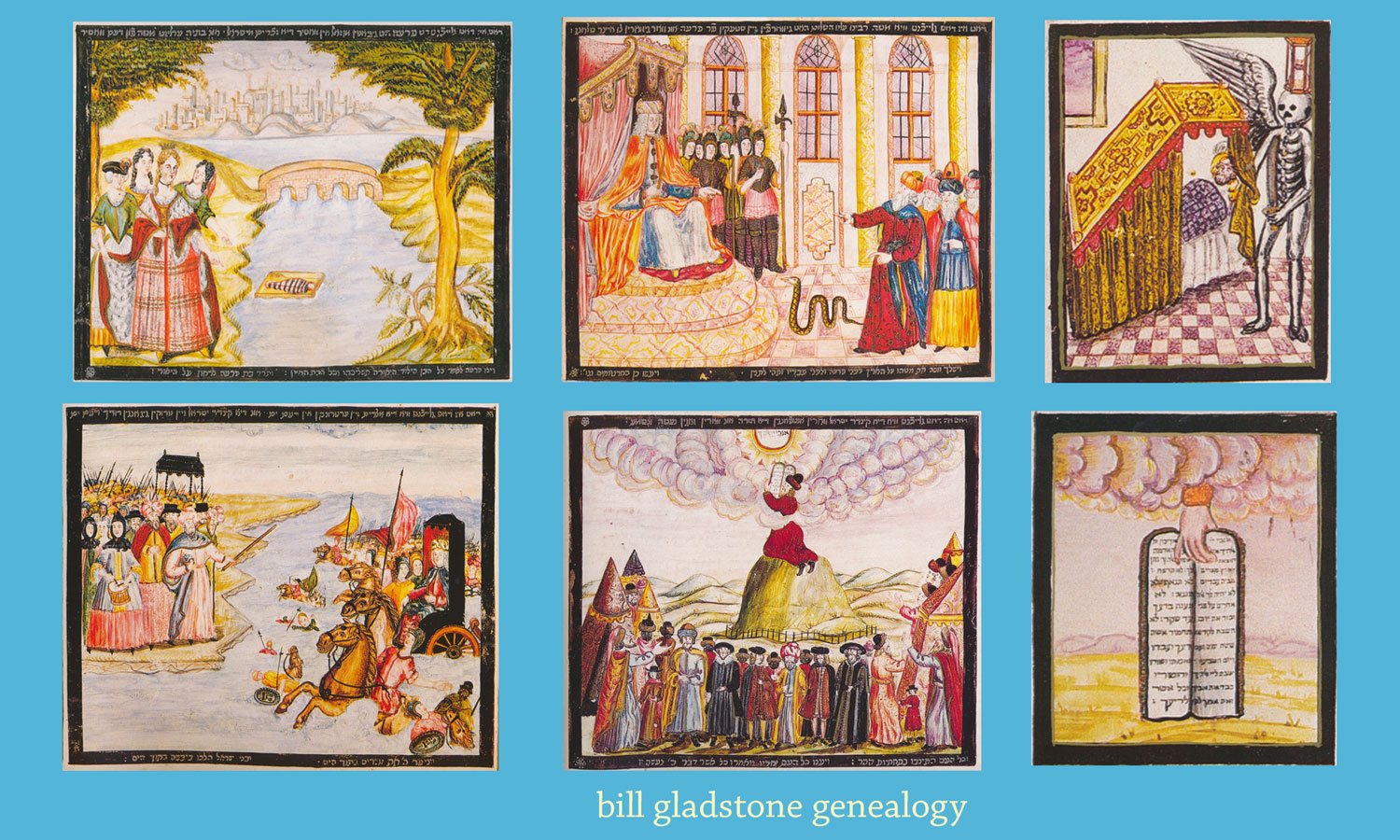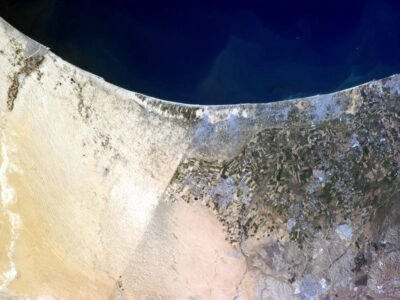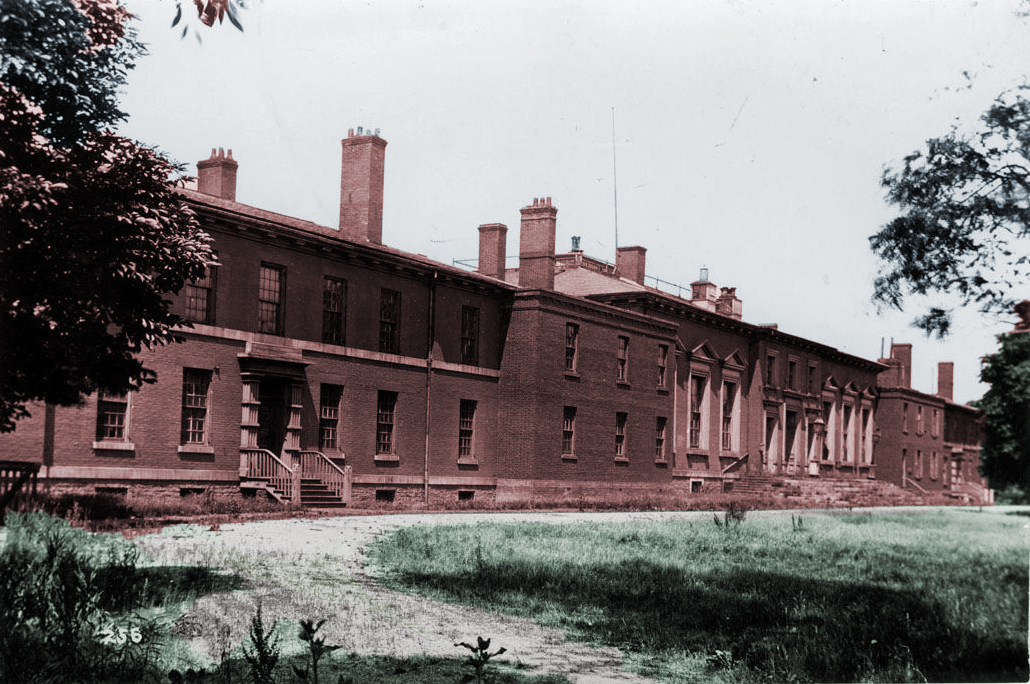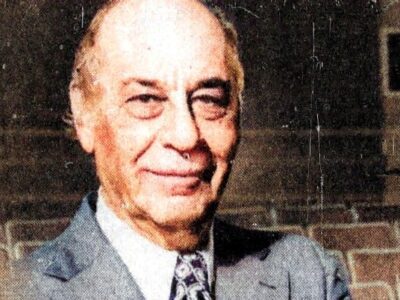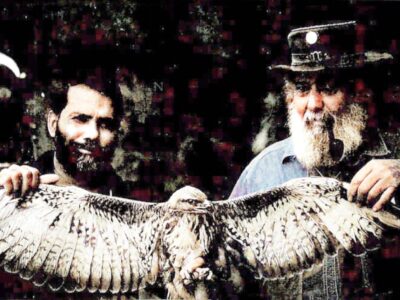From Canadian Jewish News, 2003
He was a British soldier and she was a Jewish nurse in British-mandate Palestine: they met in Egypt about 1940. She was killed in an accident and he vowed to let her family know. But how to find them?
He — the British soldier — knew that she had been born in Bremen, Germany and once had sisters. After many years of searching, he provided these scanty details last year to Batya Unterschatz-Landsman, then head of the Israeli Search Bureau for Missing Persons in Jerusalem.
Leaning upon her extensive arsenal of research techniques, Batya eventually found a niece of the deceased nurse on an Israeli kibbutz. “I sent him (the ex-soldier) the message that I had found her, and at first he didn’t believe me,” she recounts. “He never imagined that I could do it, because he knew almost nothing about the family.”
In her thirty years as director of the Search Bureau, Batya has earned a reputation as a sort of Israeli Sherlock Holmes. Because of her persistence, she usually finds the person she is looking for, or a descendant if the person is deceased.
The Jewish Agency established the Search Bureau in 1945 to help reunite Jewish families torn apart by World War Two. Until this year, it was still receiving an average of 300 search requests a month.
Born in Lithuania after the war, Batya immigrated to Israel in 1971 and took work in a department store. “I had been working in the tourist section, and talked to each person in his own language — Hebrew, English, German, Russian, Yiddish, Polish, and so on,” she recalls. One day, a man from the Jewish Agency spotted her and offered her a job on the spot.
The Search Bureau had a staff of seventeen when she started there in 1972. Within five years she had become its head, only to witness its staff begin to shrink dramatically. Seven years ago, she gave up her last remaining assistant. Frustrated and overworked, she left last January (2002) but continues to conduct searches privately for paying clients.
She often consults old phone books and records from landsmanschaft societies, trade unions and chevra kadisha or burial societies. Also useful are immigration records in the Israel State Archives, and Holocaust records at Yad Vashem.
“The most important factor behind a successful search is to put your heart into what you are doing,” she says. “It’s a great deal more than just sitting around a desk and looking up information. You must be inventive!”
After her talk last summer at the Jewish genealogical seminar in Toronto, several people rose to praise her for finding their long-lost relatives in Israel. As one person recounted, her research had even saved someone’s life by facilitating a last-minute bone-marrow transplant in the United States.
Batya says she passed by her old office one day and saw mounds of unopened mail inside the door. Her claim that the Jewish Agency had forgotten about her is corroborated by the fact that, despite several attempts, I could find no one from the Jewish Agency who knew anything about the Search Bureau or could comment on it.
In these troubled times, uniting the Jewish people by reuniting their family trees is still important, isn’t it? ♦
